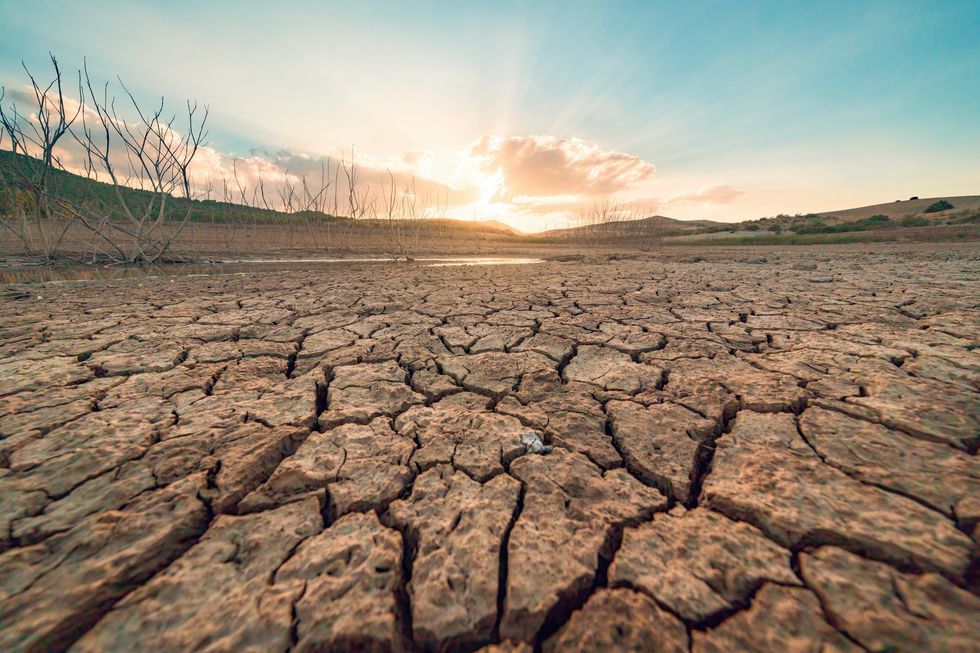Britain has been hit hard by flooding and snow in recent days
GB News
This marks the first calendar year to surpass the 1.5C warming limit established in the 2015 Paris Agreement, representing a 0.1C increase from 2023's previous record
Don't Miss
Most Read
Trending on GB News
Earth experienced its hottest year on record in 2024, breaching a critical global warming threshold for the first time, scientists have confirmed
The EU's Copernicus Climate Change Service reported that global temperatures reached an average of 1.6C above pre-industrial levels last year.
This marks the first calendar year to surpass the 1.5C warming limit established in the 2015 Paris Agreement, representing a 0.1C increase from 2023's previous record.
The past decade, from 2015 to 2024, now stands as the warmest period ever recorded globally.

The past decade, from 2015 to 2024, now stands as the warmest period ever recorded globally
Getty
The 1.5C threshold was established in the Paris Agreement using baseline temperatures from 1850-1900, marking when climate change risks become severely dangerous.
Colin Morice of the Met Office said: "A single year exceeding 1.5C above pre-industrial does not mean a breach of the Paris Agreement 1.5C guardrail – that would require a temperature of at least 1.5C on average over a longer period.
"However, it does show that the headroom to avoid an exceedance of 1.5C, over a sustained period, is now wafer thin."
Record levels of atmospheric water vapour were recorded in 2024, reaching five per cent above the 1991-2020 average and surpassing the previous record from 2016.
Scientists explain that as Earth's atmosphere warms, it can hold roughly seven per cent more moisture for each 1C rise in temperature, increasing the potential for extreme rainfall and flooding.
LATEST DEVELOPMENTS:

The Amazon region suffered its worst drought on record, with rivers falling to unprecedented low levels (stock pic)
Getty
Sea surface temperatures also hit unprecedented levels, with record warmth observed from January to June 2024 in the extra-polar oceans, making more energy available for hurricanes and typhoons to intensify.
Scientists highlighted several devastating weather events in 2024 that were worsened by climate change.
Floods ravaged Valencia, whilst back-to-back hurricanes in the US claimed hundreds of lives.
The Philippines endured an extraordinary typhoon season, experiencing six storms in just 30 days.
The Amazon region suffered its worst drought on record, with rivers falling to unprecedented low levels.
According to Met Office predictions, 2025 is expected to be among the three warmest years on record globally.
Scientists anticipate it will likely fall just behind 2024 and 2023 in terms of average temperatures.
With increasingly warm temperatures becoming the new norm, experts warn that the extreme weather patterns witnessed in recent years are likely to be repeated with equal or greater intensity.








